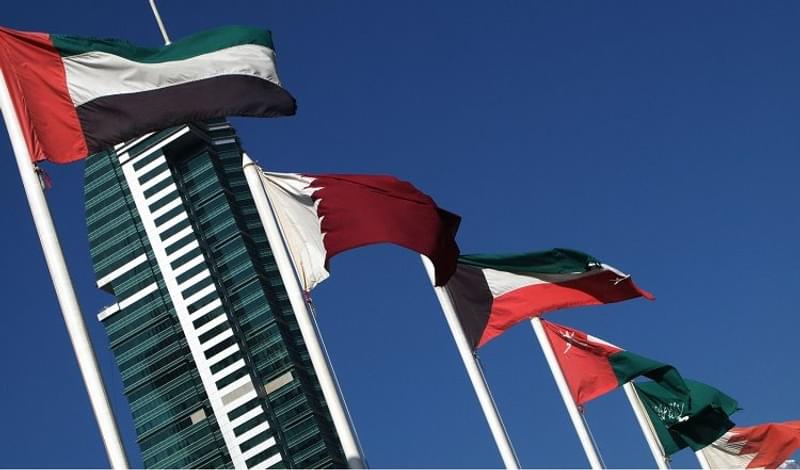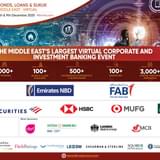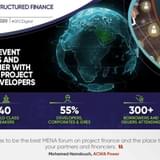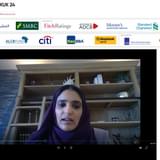It is likely that 2016 will be a record year for Middle Eastern debt issuance. The FT noted that Middle Eastern governments had already set a record for debt sales in May with US$8.6bn in issuance, beating the previous record set in 2009 – and that was before Qatar hit the market with its US$9bn bond.
Alongside Qatar, there have been sovereign issuances from other GCC states such as Oman with a dual tranche US$2.5bn bond and Abu Dhabi with its dual tranche US$5bn bond.
Bahrain has also more recently has just launched a dual tranche conventional and Islamic US$2bn issuance according to Reuters, and Saudi Arabia is still working on a long-planned bond expected to be around US$10-US$15bn in size.
Todd Schubert, MD and head of fixed income research at Bank of Singapore noted that there has been a dramatic increase in issuance out of the Middle East, including ‘mega deals’ from borrowers such as Qatar and Abu Dhabi which have long been absent from the dollar markets.
“These sovereigns have not issued in the US dollar markets for quite literally years.”
The increase in issuance is largely to finance widening budget deficits following prolonged low oil prices.
“The drop in oil from over US$100 per barrel to around US$50 per barrel has resulted in a regional risk re-pricing. Paradoxically, this has actually resulted in investors being able to buy still high-quality names at yields that would have been unobtainable just 12-18 months ago.”
As credit ratings have fallen, yields have risen. Bahrain had in February been planning a dual tranche US$750mn bond – until it was downgraded by S&P Global Ratings to BB, or junk.
This prompted the issuance to be put on hold until a smaller dual tranche US$600mn bond was announced.
Pricing naturally varied: the yields for the U$750mn tranches were at 5.70 for the 5-year and 7.40 for the 10-year, whilst for similar dated debt on the new US$600mn bond pricing rose to 5.950% and 7.650% respectively.
“The higher yield is likely to entice investors who may not have invested in the name earlier in the year when it was still IG,” Schubert noted.
He added that similarly, if Saudi Arabia comes to market with their widely projected US$10-US$15bn deal, it will likely be as a cheap ‘A’ as opposed to the rich ‘AA’ it was in 2014.
Although GCC debt now offers a discount in terms of pricing, value in the region’s debt is lacking, according to Korosh Farazad, CEO of Farazad Investments.
“There are no transactions other than high-profile ‘trophy asset’ deals that countries have done or are looking to do, such as Qatar,” he said.
This does not mean demand for the region’s debt is lacking, however, and Asian investors are becoming increasingly interesting the Middle Eastern fixed income space.
“It is important to note that Asia is dominated to a large extent by retail and in particular private banking clients, who tend to be much more yield-oriented relative to other buyers globally,” Schubert stated.
He added that investors are also becoming increasingly interested in the corporate space within the GCC – which tends to be dominated by banks.
So far this year, Qatar National Bank issued US$2.75bn and US$1bn in bonds, Abu Dhabi Al Hilal Bank issued a US$225mn sukuk and Union National Bank issued a US$600mn bond – to name a few.
Schubert noted that investors have remained comfortable with this asset class because such entities are mostly at least part government-owned, and there is a strong historical track record of few defaults and strong government backing during times of stress from within the sector.
“The same can be said for the strategically important corporates in Dubai and Abu Dhabi as well,” he said.









